How to Wean an Infant from Breast Milk
Weaning your baby off breast milk can be a stressful experience for new parents. After all, it marks the end of an era and a significant milestone in your infant’s development. But while it may seem daunting, weaning your baby off breast milk doesn’t have to be complicated. If you approach it with patience and compassion, you can make the process much smoother and less stressful for you and your baby
Preparing for Weaning
Before you begin the weaning process, you must prepare yourself mentally and emotionally. As we’ve said before, weaning is a milestone that marks the end of an era in your infant’s development. For some mothers, this may bring about sadness or even guilt. It helps to talk with someone about these feelings so that you can move forward without feeling overwhelmed by emotion.
Talking with Bright Futures Clinic before beginning any weaning regimen can also be helpful. Your doctor can provide valuable insight into what kind of formula is best for your child and advice on moving forward with the process safely and healthily.
The Weaning Process
When it comes time to begin the process of weaning your infant off breast milk, it helps to take things slow and steady. Start by introducing small amounts of formula into their diet gradually over time; this will help them get used to the taste and texture without overwhelming them too quickly. If possible, try introducing other food sources, such as solids or juices, alongside the formula as an additional form of nutrition during this transition period.
Another helpful tip is to avoid sudden changes in their routine or environment during this time; sudden changes often lead to stress, ultimately making things more difficult during the weaning process. Try instead to keep things as consistent as possible; this will help ease them into their new diet without too much disruption or distress.
Conclusion:
Weaning an infant off breast milk can be a challenging experience for any parent. Still, it doesn’t have to be difficult if appropriately approached with patience and understanding. Before beginning any regimen, ensure that you and your paediatrician are on board with the plan so that everything goes smoothly throughout the entire process! With these tips in mind, you should be able to help your baby transition from breast milk quickly and happily!


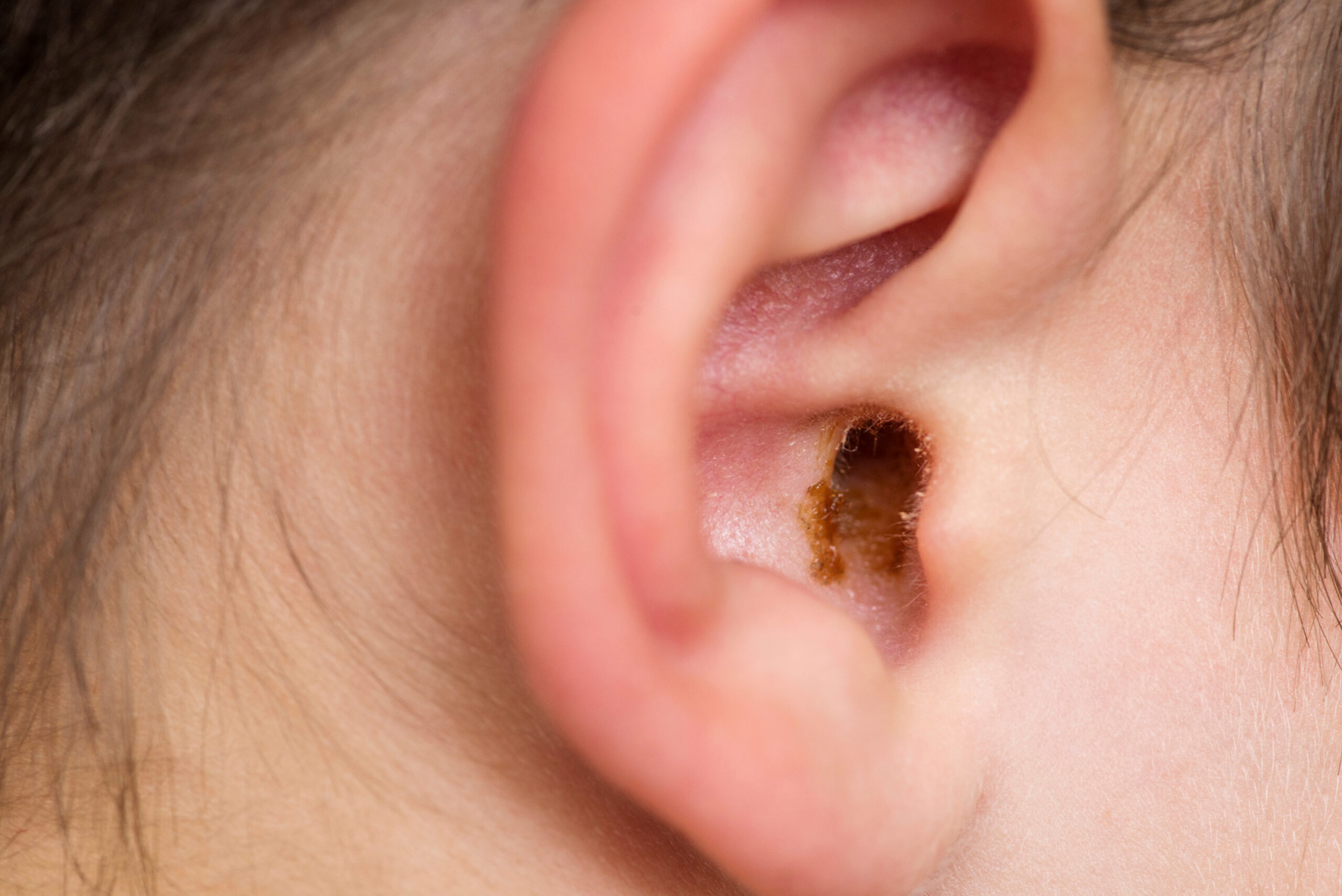


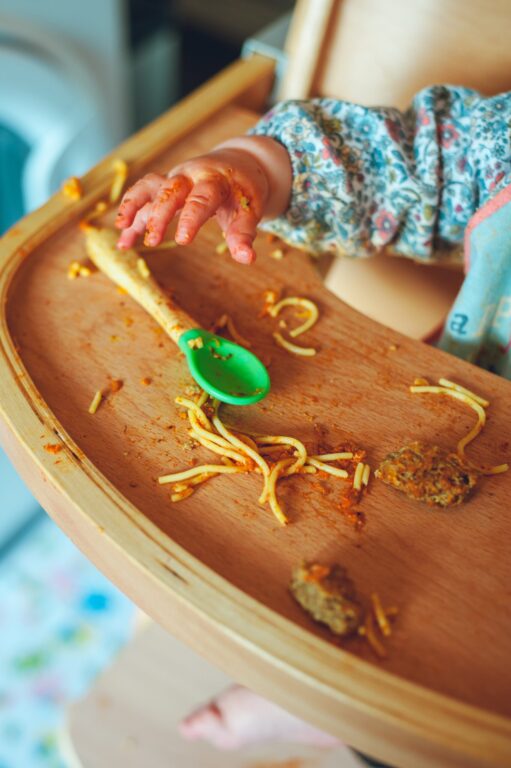

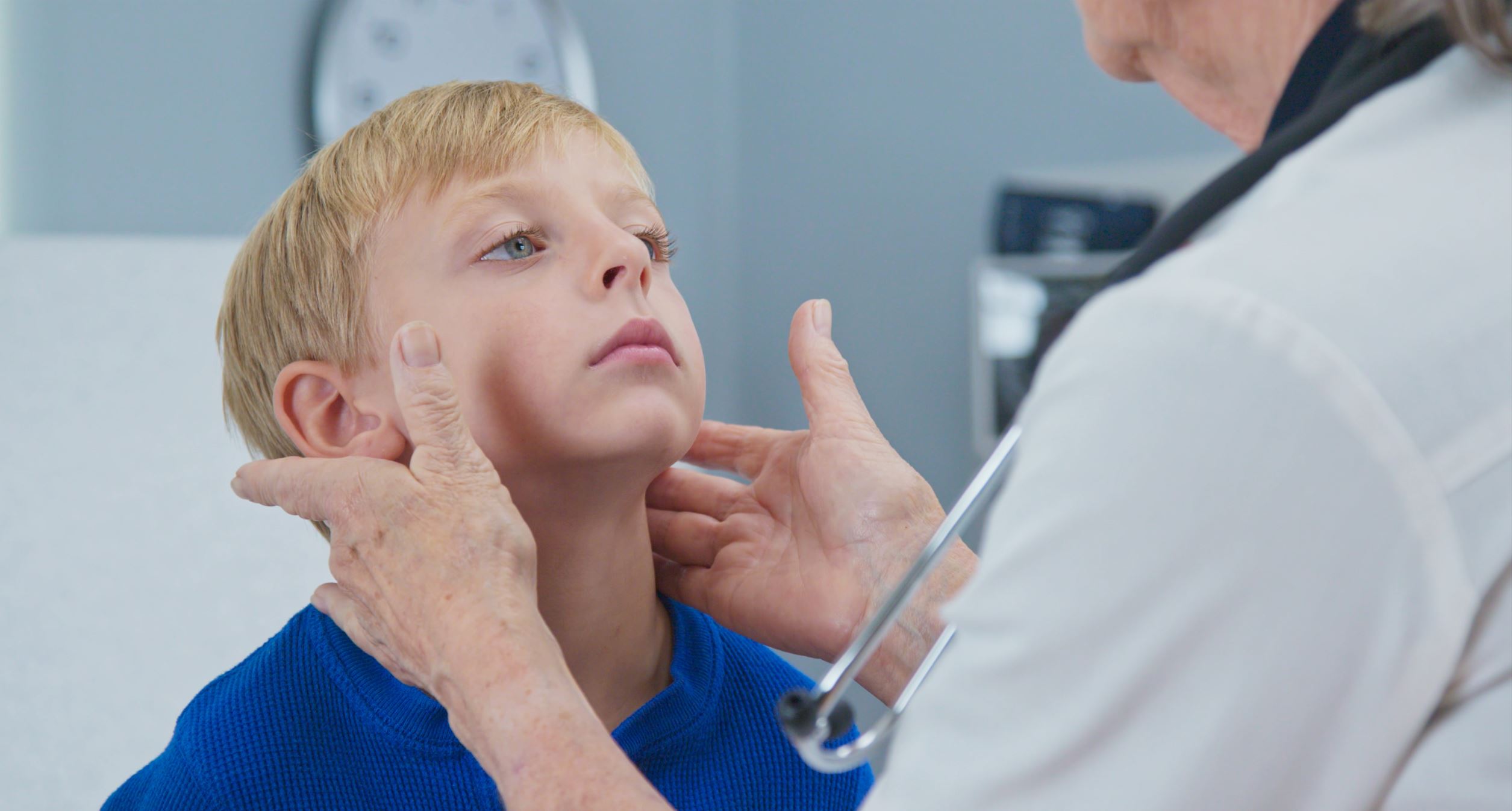
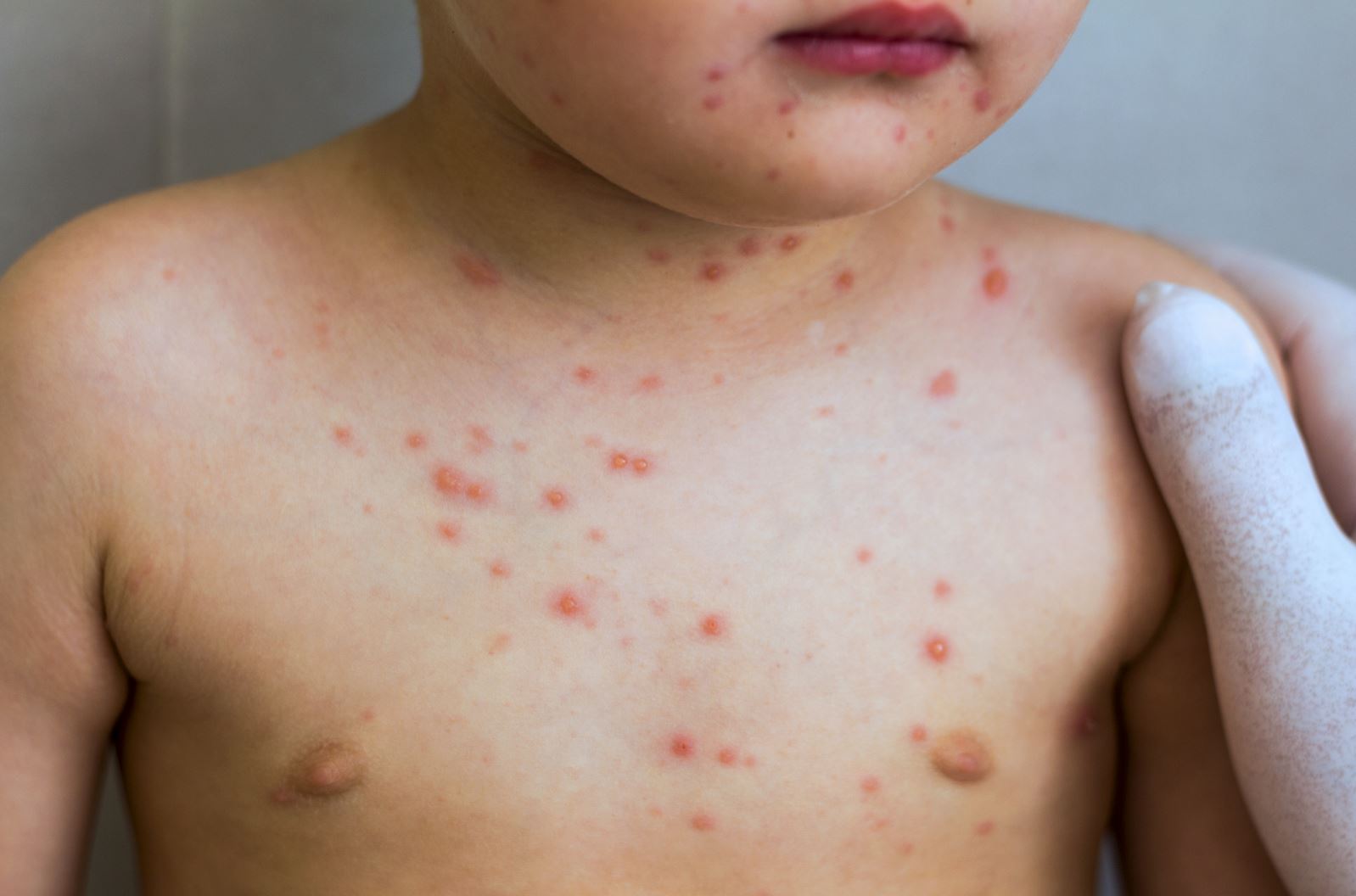

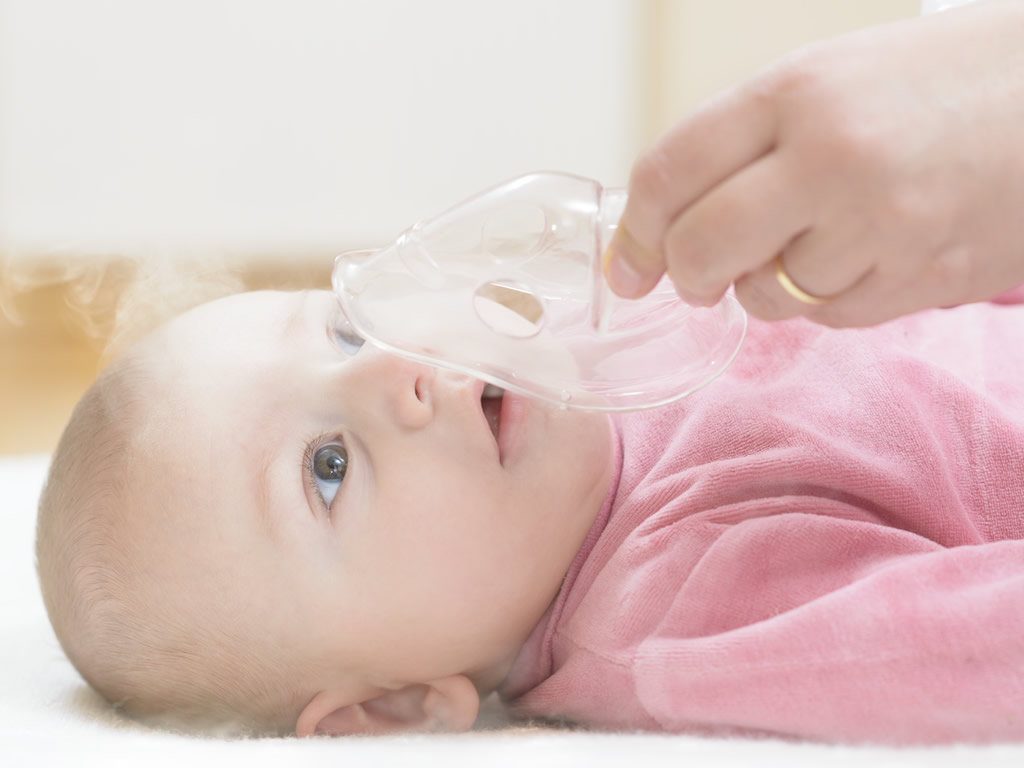

Recent Comments